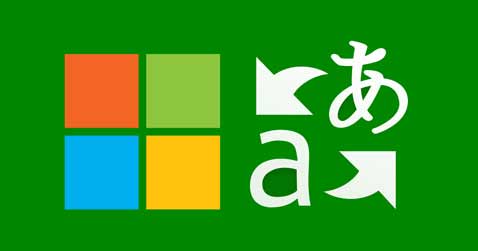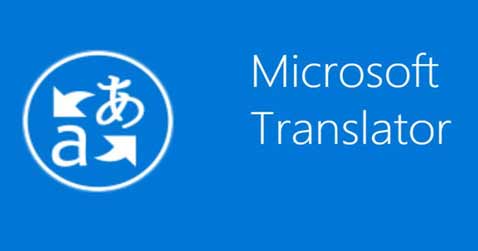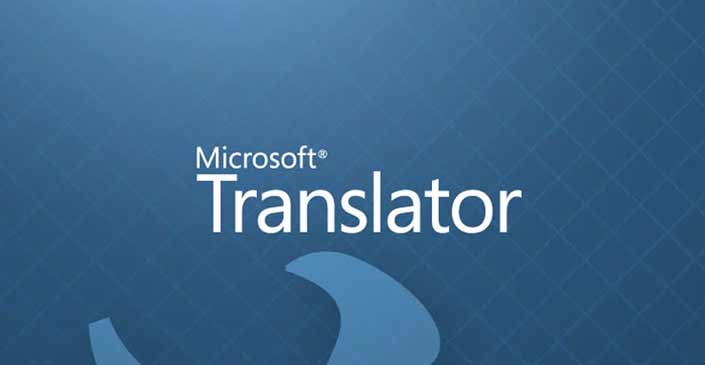Anyone who has watched very many episodes of Star Trek knows all about the Universal Translator (UT). It’s a device that a person speaks to in their native tongue and out comes the same words in a different language for others to hear. It works in reverse of course as well, allowing differing people’s from all over the universe to speak seamlessly with one another. Now, according to Wired magazine’s Gadget Lab, Microsoft has demoed an actual working device at its own 2012 TechFest. Mail Online reports that Microsoft engineers Frank Soong and Rick Rashid developed the device with a team back in Redmond, and Information Week says the device is capable of translating any of the 7000 languages that exist in the world today.

Gadget Lab explains that the device is cloud based, which means it must be online to work, which indirectly means, it won’t work in areas where there are no Internet hotspots or direct connections. Nonetheless, as Online says, the UT device Microsoft showed to the crowd that had gathered to see it work, is a remarkable achievement.
In just the past few years, speech recognition has made remarkable progress, made more noticeable by the inclusion of Siri in the latest iPhone. And users of virtually any smartphone have the option of downloading an app that can listen to what they say and then convert it into another language, or have someone speak into their phone in a language they don’t understand and have it translated so they can get what is being said. But putting it all in one single device is something new, as it allowing it all to be controlled by the user’s voice. As Information Week says, it’s a truly remarkable achievement.
But there’s more, according to globenewswire.com/news-release/2021/02/01/2167607/0/en/muama-enence-reviews-best-instant-translator-device-product-review-by-rick-finn.html, the device actually speaks in its owners own voice. Thus, it sounds like a person would sound if they actually knew how to speak in all those other languages, and it speaks in whole sentences, not pieced together words such as everyone has become so accustomed to hearing from computer generated speech.

Microsoft didn’t say when or even if the UT device will be put up for sale, though it did hint that it might instead opt to have the technology ported to the Smartphone market so that users wouldn’t have to cart around another device. In that is the case, then it likely won’t be seen commercially for at least a couple of years as those that make Smartphones figure out how to implement it in a way that can be used a much less sophisticated device.
